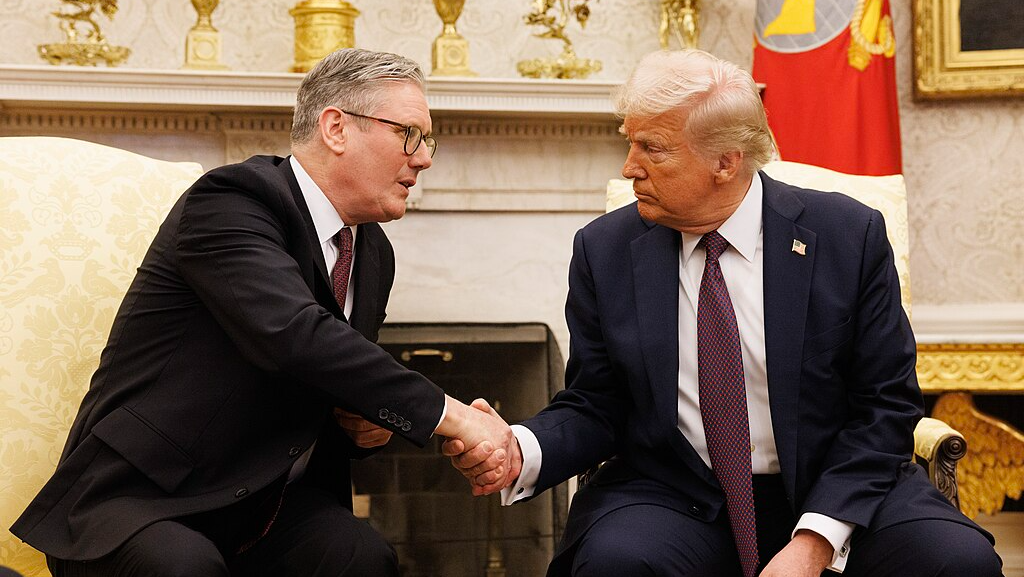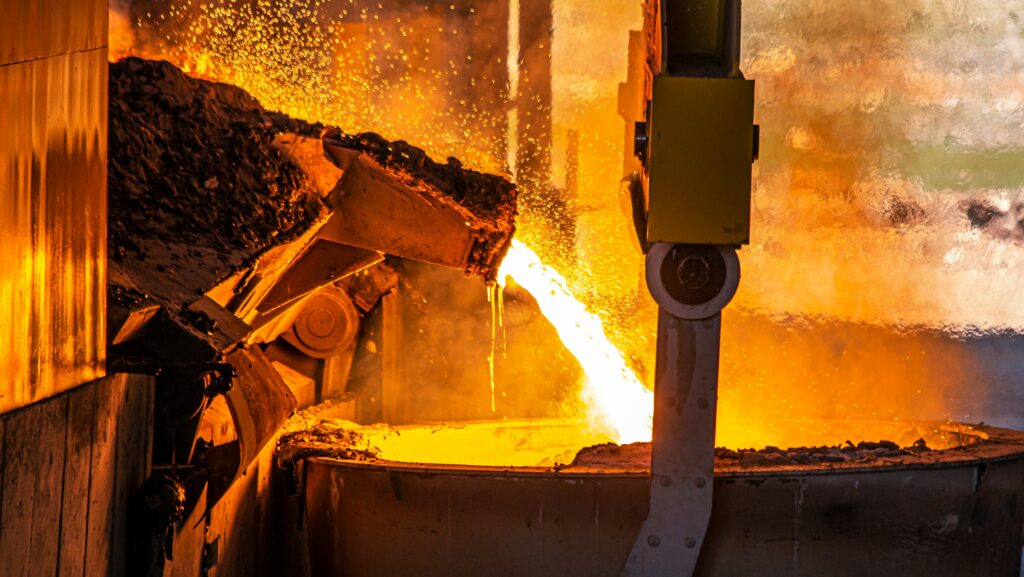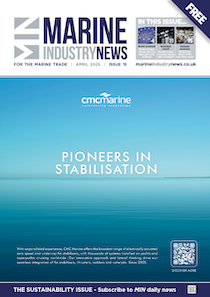UK and US sign partial trade deal, but steel and aluminium levies unresolved
 Image courtesy of Simon Dawson / No 10 Downing Street.
Image courtesy of Simon Dawson / No 10 Downing Street.
The United States and the United Kingdom have signed a trade pact that brings partial tariff relief to several sectors, including automotive and aerospace, but leaves the crucial steel and aluminium tariffs largely unresolved.
The agreement, announced by President Donald Trump and Prime Minister Sir Keir Starmer at the G7 summit in Canada, was welcomed by both leaders as a sign of strengthening ties, despite the major issues remaining.
“We signed it, and it’s done,” Trump told reporters, holding up the document, before several pages fell loose onto the floor. Starmer, after bending to pick them up, called it “a very important document,” and added: “This is a very good day for both of our countries.”
Trump then incorrectly referred to the deal as a trade agreement “with the European Union,” before correcting himself to make it clear the deal was with Britain.
Trump added that the UK was “very well protected” because, as he put it: “I like them.”
Tariffs between UK and USA
The agreement reduces tariffs on UK car imports into the US to 10 per cent, down from a potential 27.5 per cent, with an annual quota of 100,000 vehicles. Tariffs on some aerospace components will also be removed. UK officials say these changes should come into force within weeks of publication.
However, the UK-US tariffs agreement does not resolve the 25 per cent steel and aluminium tariffs that are still facing UK exporters. While the White House said a quota system would be introduced to ease this burden, no details have been provided to date. Trump declined to clarify on the issue, telling reporters: “We’re [going to] let you have that information in a little while.”
Steel tariffs, therefore, remain a major sticking point — particularly for the boating industry. Gareth Stace of UK Steel said the industry needs urgent clarity on quotas and US import rules, including the requirement that steel be “melted and poured” domestically. This complicates matters for British firms like Tata Steel, which imports steel while it transitions to new electric furnaces.
Earlier this year, the UK passed emergency legislation to seize control of British Steel’s Scunthorpe plant from its Chinese owners.
The pact includes other concessions. The UK lifted a 20 per cent tariff on US beef and raised the import quota to 13,000 tonnes, though officials insist food safety standards will remain high. It also removed tariffs on 1.4 billion litres of US ethanol. ABF Sugar, which owns the UK’s largest bioethanol plant, warned the decision could trigger 200 job cuts unless it receives government support.

|
Trump tariffs have actually given UK businesses “a fantastic opportunity,” says UK brand riding high |
Though touted by Starmer as a breakthrough, the deal is not a full free trade agreement, as Trump lacks the authority to sign one without Congressional approval. The opposition Conservative leader Kemi Badenoch dismissed it as a “tiny tariff deal,” while the Liberal Democrat party demanded full disclosure of its economic impact.
Read the latest news about trade tariffs and how they are affecting the marine sector globally












